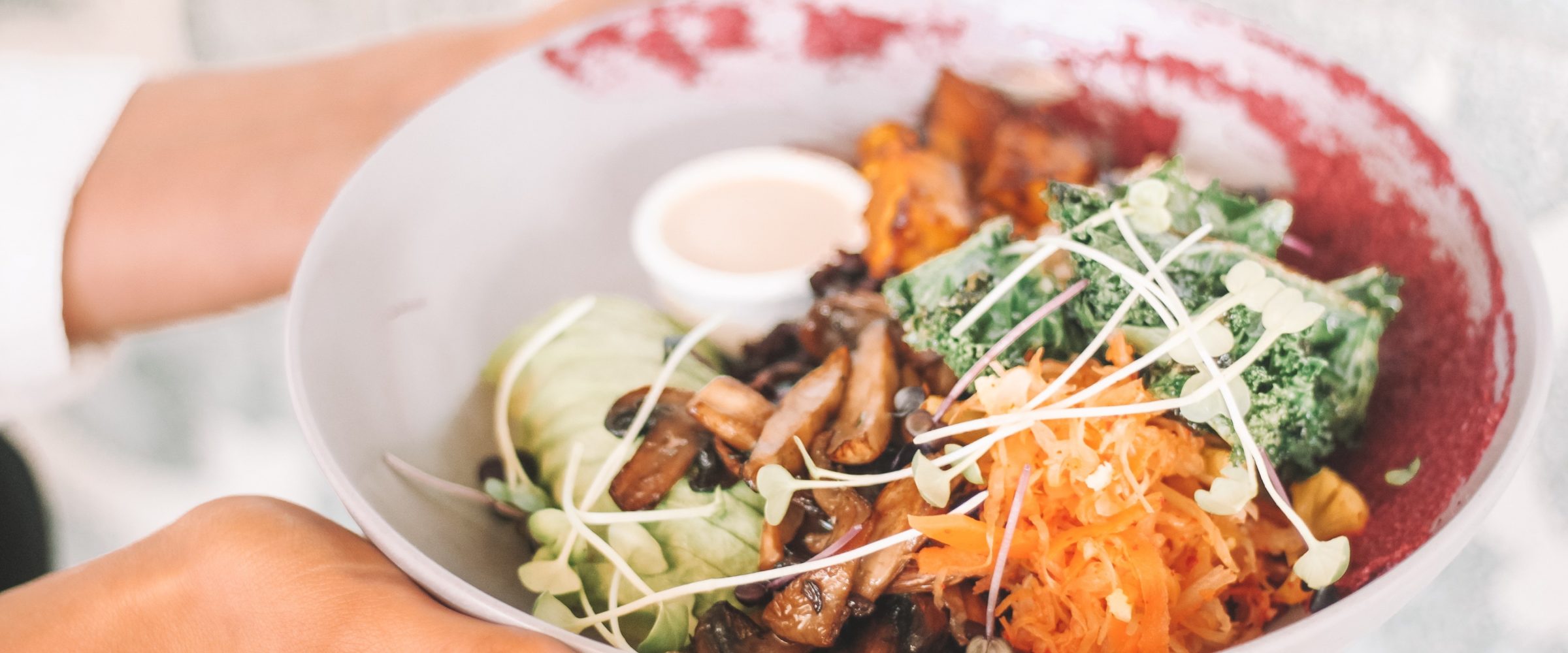4 min|Rhiannon Lockhart
How An Unhealthy Gut Impacts Your Life
Nutrition, Gut HealthGut health is the foundation for your overall health.
It can impact our mood, sleep, pain, illness - basically, our entire body! This is why it’s essential to prioritize good gut health when you are on any healing journey. Depending on your situation, a simple gut reset can be incorporated into your routine at any time.
Before you begin a gut reset, evaluate why you need one. For the average person, some simple diet and lifestyle changes can make a world of difference. Others may need a more intense protocol. If you have been dealing with major gut issues (chronic bloating, loose stools and/or chronic constipation, chronic fatigue and/or autoimmune disorders) discuss testing options with your Naturopathic Doctor.
The first takeaway: a gut reset isn’t a quick fix. When we consistently eat ultra-processed foods, take antibiotics, regularly use NSAIDs like ibuprofen, lead high-stress lifestyles, consume excess alcohol, and lack sleep, our gut microbiome changes. (1, 2) This is years of change, which can’t be fixed in a few short weeks.

Consider this simple gut reset as part of your sustainable dietary and lifestyle changes.
1. Try a short fast, daily.
Fasting can alter our gut microbiome. (3) For some people, one or two days of fasting with simple warm water and lemon is doable and a great start to a long-term reset. However, if you deal with high levels of stress, are a menstruating female, have dysregulated blood sugar or simply don’t want to fast for a long time, 12 hours works just as well.
Place more of those fasting hours before bed. An example would be: fast from 7pm to 7am, eat from 7am to 7pm, then start again the next day. While 12 hours won’t provide the same proposed effects of a multi-day fast (i.e. autophagy), it does give your gut time to rest and recover and often reduces bloating and common GI discomfort.
2. Start your day with warm water.
Warm water can help aid in better bowel movements, which are part of your overall detoxification pathway. (4) This helps to reset your gut in two ways: first, you’re not constipated. This regulates our gut microbiome. Second, we reduce inflammation as we’re not holding onto toxins in the body.
Bonus: squeeze some fresh lemon for added gut benefits and some sea salt for your adrenals!
3. Skip the refined sugar & ultra-processed foods
Refined sugar and ultra-processed foods - think of the stuff in packages with a long ingredient list - can alter your gut bacteria. (5) Often, these simple sugars feed the bad gut bacteria, leading to an imbalanced gut microbiome, also known as “gut dysbiosis”. (6) We use this to encompass multiple gut health issues. If you are struggling with chronic severe bloating, constipation and/or diarrhea or extreme gastrointestinal pain, speak with your Integrative practitioner as a more intense protocol may be best for you.
Remove refined sugar and ultra-processed foods for at least three weeks. This can help with a simple gut reset as well as reduce sugar cravings!
5. Eat pre and probiotics.
There are an estimated 29 trillion microbial cells in our gut microbiome, which include bacteria, viruses and fungi. (7) It’s important that we feed the bacteria properly!
Consume foods high in probiotics like: sauerkraut, kimchi, kefir, tempeh, miso paste.
Also include foods rich in prebiotic fibres like: Jerusalem artichoke, garlic, onions, leaks, asparagus, bananas, oats and apples,
Note: if eating foods rich in pre or probiotics bothers you, speak to your practitioner.
4. Use herbs.
Herbs can have many uses in regards to your gut health, like providing prebiotic fibres, supporting better bowel movements, and reducing inflammatory gut issues like heartburn. If you are just starting out your gut health journey, try incorporating these as a tea.
Speak with your doctor to determine which herbs are best for you and your symptoms. Find in-house created herbal blends to support your gut reset in our dispensary.
7. Remove alcohol.
Alcohol is bad for our gut health. Full stop.
There’s no sugar-coating this. Alcohol is known to cause distress in our liver, but did you know it can negatively impact your gastrointestinal (GI) tract and other organs? Alcohol has been shown to stimulate gut dysbiosis (the imbalance of good and bad bacteria), can promote leaky gut and increase inflammation. (8)
6. Utilize testing.
In some cases, testing is needed to get to the root of what is happening in your body. Your Integrative practitioner will be able to best direct you to which test is most suited for your symptoms.
It’s important to remember that a balanced gut is important for your overall health: energy, hormones, prevention of disease and acute illness.
Resources
Related Articles

4 min|Dr. Alex Chan
EBOO for Chronic Inflammation: A Natural Approach for Systemic Relief
Regenerative Medicine, EBOO Therapy
4 min|Dr. Alex Chan
EBOO Therapy for Autoimmune Conditions: Exploring the Potential Benefits
Autoimmune Disease, Regenerative Medicine, EBOO Therapy


